North Carolina General Assembly Of October 1784 on:
[Wikipedia]
[Google]
[Amazon]
The

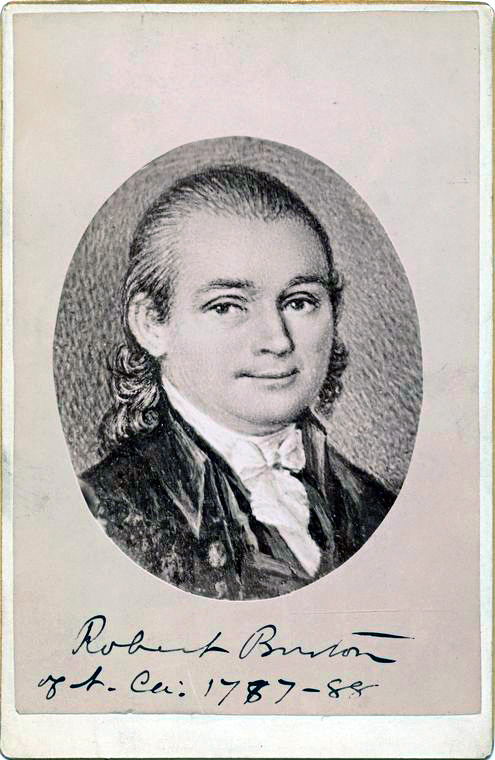 As prescribed by the 1776
As prescribed by the 1776
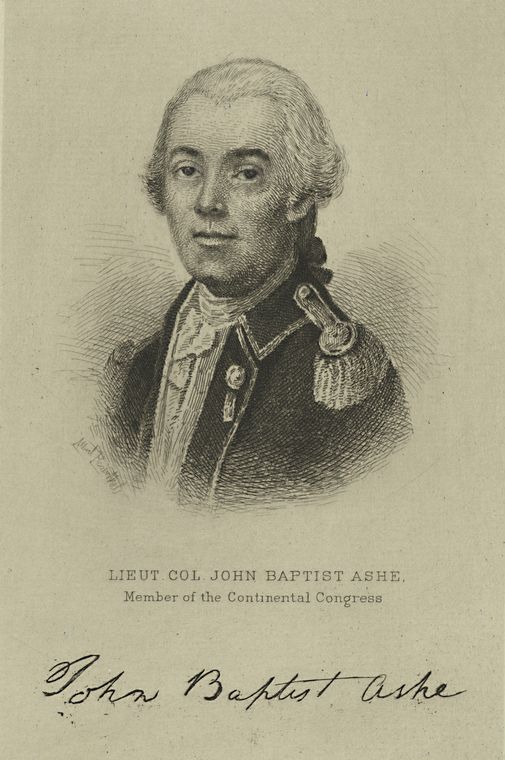
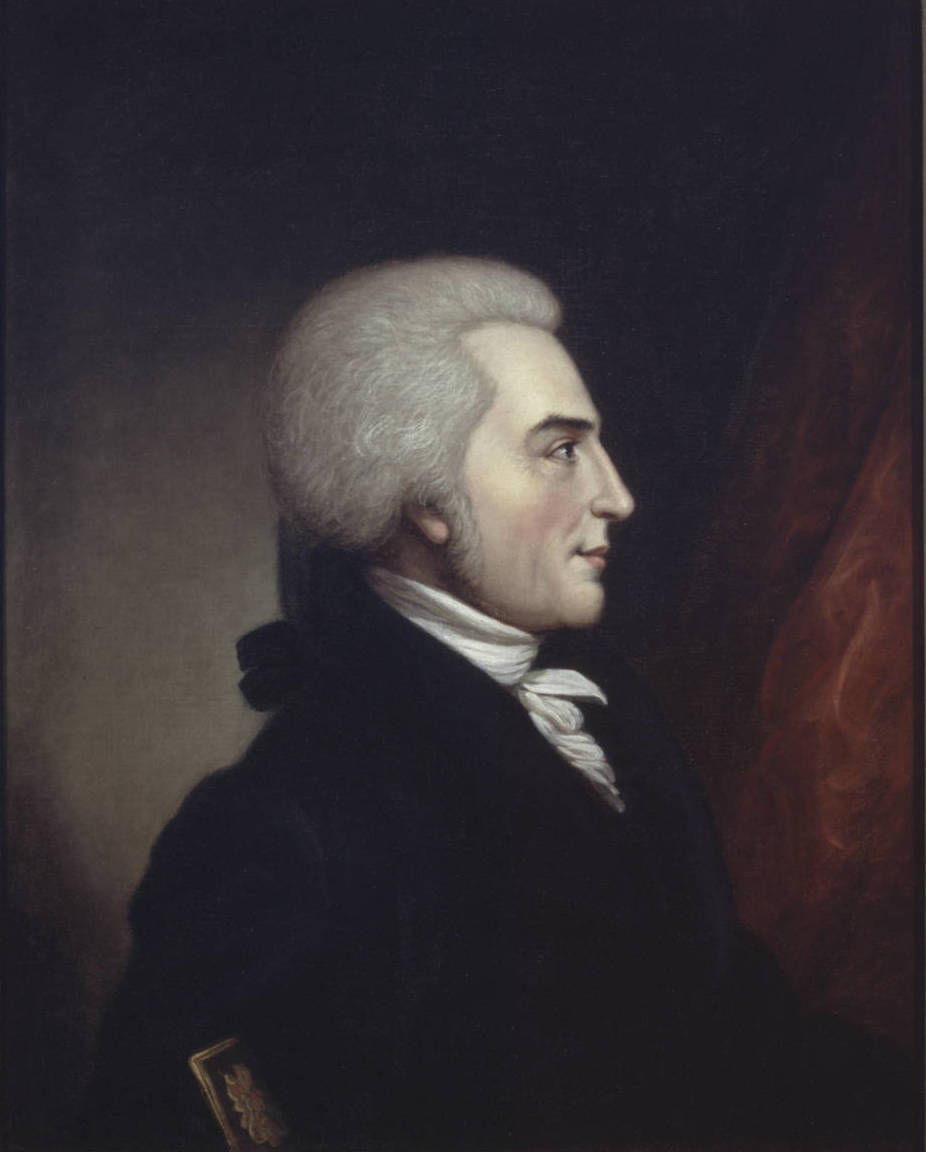
 The House of Commons delegates elected a Speaker (William Blount), Clerk (John Hunt), Assistant Clerk (John Haywood), Doorkeeper, and Assistant Doorkeeper. The following delegates to the House of Commons were elected by the voters of North Carolina to represent each county and district:
The House of Commons delegates elected a Speaker (William Blount), Clerk (John Hunt), Assistant Clerk (John Haywood), Doorkeeper, and Assistant Doorkeeper. The following delegates to the House of Commons were elected by the voters of North Carolina to represent each county and district:
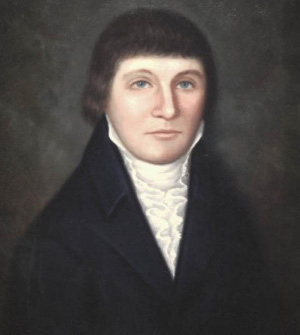

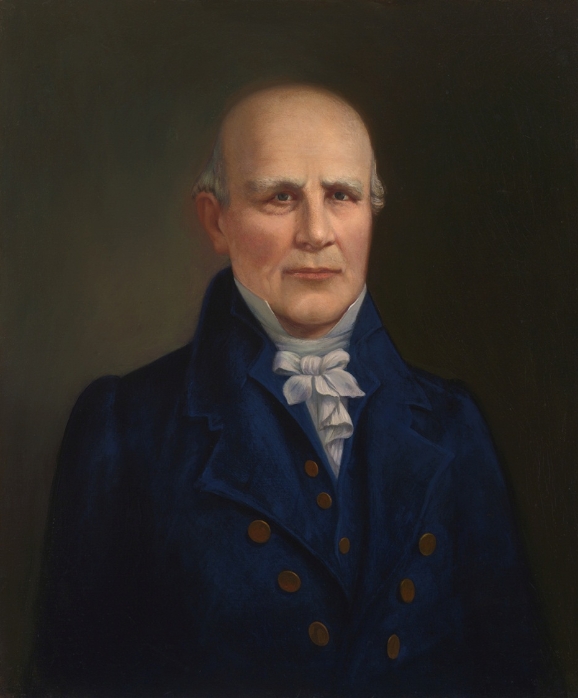
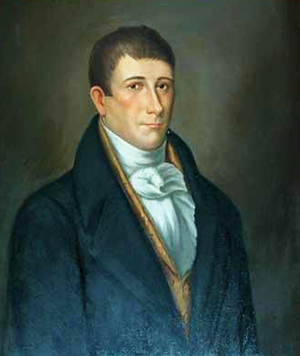 The Senators elected a President/Speaker (Richard Caswell, Sr.), Clerk (John Haywood), Assistant Clerk (Sherwood Haywood), Doorkeeper, and Assistant Doorkeeper. The following Senators were elected by the voters of North Carolina to represent each county:
The Senators elected a President/Speaker (Richard Caswell, Sr.), Clerk (John Haywood), Assistant Clerk (Sherwood Haywood), Doorkeeper, and Assistant Doorkeeper. The following Senators were elected by the voters of North Carolina to represent each county:
Legislative Documents
North Carolina General Assembly
The North Carolina General Assembly is the Bicameralism, bicameral legislature of the Government of North Carolina, State government of North Carolina. The legislature consists of two chambers: the North Carolina Senate, Senate and the North Ca ...
of October 1784 met in New Bern
New Bern, formerly called Newbern, is a city in Craven County, North Carolina, United States. As of the 2010 census it had a population of 29,524, which had risen to an estimated 29,994 as of 2019. It is the county seat of Craven County and t ...
from October 25, 1784 to November 26, 1784. The assembly consisted of the 116 members of the North Carolina House of Commons and 55 senators of North Carolina Senate elected by the voters on August 20, 1784. As prescribed by the 1776 Constitution of North Carolina
The Constitution of the State of North Carolina governs the structure and function of the state government of North Carolina, one of the United States; it is the highest legal document for the state and subjugates North Carolina law. All U.S. st ...
the General Assembly elected Richard Caswell as Governor of North Carolina
The governor of North Carolina is the head of government of the U.S. state of North Carolina. The governor directs the executive branch of the government and is the commander in chief of the military forces of the state. The current governor, ...
and members of the Council of State.
Councilors of State

 As prescribed by the 1776
As prescribed by the 1776 Constitution of North Carolina
The Constitution of the State of North Carolina governs the structure and function of the state government of North Carolina, one of the United States; it is the highest legal document for the state and subjugates North Carolina law. All U.S. st ...
, the General Assembly elected the governor and the following members of the North Carolina Council of State
The North Carolina Council of State is the collective body of ten elective executive offices in the state government of North Carolina, all of which are established by the state constitution. The Council of State includes the Governor, Lieut ...
:
* Joseph Leech, Craven County (President)
* James Kenan, Duplin County (President pro tempore)
* Winston Caswell, Dobbs County (Clerk)
* James Armstrong, Pitt County
* John Hawks, Craven County
* Robert Burton
Robert Burton (8 February 1577 – 25 January 1640) was an English author and fellow of Oxford University, who wrote the encyclopedic tome ''The Anatomy of Melancholy''.
Born in 1577 to a comfortably well-off family of the landed gentry, Burt ...
, Granville County
* Thomas Eaton, Warren County
* Abraham Sheppard, Dobbs County
James Glasgow continued as North Carolina Secretary of State (served 17771798). The assembly elected Memucan Hunt (served 17841787) as first statewide North Carolina State Treasurer
The North Carolina State Treasurer is a statewide elected office in the U.S. state of North Carolina responsible for overseeing the financial operations of state government. The current state treasurer is Dale Folwell.
The office of state treasur ...
. Alfred Moore continued (served 17821791) as North Carolina Attorney General.
Assembly membership
There were 55 counties in North Carolina in 1784. Each county was authorized to elect two representatives to the House of Commons and one delegate to theSenate
A senate is a deliberative assembly, often the upper house or chamber of a bicameral legislature. The name comes from the ancient Roman Senate (Latin: ''Senatus''), so-called as an assembly of the senior (Latin: ''senex'' meaning "the el ...
. In addition, the six districts were authorized one delegate each. (Sullivan, Washington, Davidson, and Green counties would later become part of Tennessee in 1796.) Richard Caswell was elected Governor of North Carolina by this General Assembly but did not take the governor's office until 1785. According to a book by the Secretary of State edited by Cheney and published in 1974, this assembly had a second session that concluded in June 1784.
House of Commons members


 The House of Commons delegates elected a Speaker (William Blount), Clerk (John Hunt), Assistant Clerk (John Haywood), Doorkeeper, and Assistant Doorkeeper. The following delegates to the House of Commons were elected by the voters of North Carolina to represent each county and district:
The House of Commons delegates elected a Speaker (William Blount), Clerk (John Hunt), Assistant Clerk (John Haywood), Doorkeeper, and Assistant Doorkeeper. The following delegates to the House of Commons were elected by the voters of North Carolina to represent each county and district:
Senate members



 The Senators elected a President/Speaker (Richard Caswell, Sr.), Clerk (John Haywood), Assistant Clerk (Sherwood Haywood), Doorkeeper, and Assistant Doorkeeper. The following Senators were elected by the voters of North Carolina to represent each county:
The Senators elected a President/Speaker (Richard Caswell, Sr.), Clerk (John Haywood), Assistant Clerk (Sherwood Haywood), Doorkeeper, and Assistant Doorkeeper. The following Senators were elected by the voters of North Carolina to represent each county:
Legislation
This assembly approved an act to require county courts to conduct a census of white and black residents. Other acts concerned the following: * public taxes * taxes on imports * sale of confiscated property * regulation of superior courts, * real estate * sales of slaves * appointment of county commissioners * building public roads, ferries, and bridges * providing for the safe keeping of the estates of idiots and lunatics * repealing the act from the previous assembling concerning sale of western lands to the U.S. Congress, * accurate accounting of war service for pensioners * fraudulent claims for western lands * prohibiting loyalists from holding public office and establishing an oath for those taking public office * prohibiting paid public servants from holding office in the assembly * establishing a court for dealing with foreign mercantile transactions and transient persons and maritime affairs * prevention of horse stealing * regulating county court of pleas and quarter sessions * amending the act of the April 1784 assembly dealing with when the assembly would meet * changing the start date of the assembly from the first Monday in October to the first Monday in November * creation of the District of Morgan, which would include Burke, Lincoln, Rutherford and Wilkes Counties * creation of the District of Washington, which would include Washington, Sullivan, Greene, and Davidson Counties * encouraging learning in Salisbury District, which dealt with the former Liberty Hall academy, which was renamed Salisbury Academy in Rowan County * levying a tax in Salisbury and Hillsborough Districts to repair district buildings * building a gaol in Wilmington * establishing principal streets in Fayetteville * inspecting tobacco in Hillsborough * disposition of the estate of Simon Cleary * establishing a town in Jones County * establishing the town of Morgan * creating a local tax in Warren and Franklin counties for building public buildings * changing taxes in New Bern District * empowering Wayne County to establish a tax to pay for public buildings * empowering Bladen County commissioners to purchase land for public buildings * changing the location of public buildings in Mecklenburg County from Charlotte to a more central location * clearing and opening the Tar River and Fishing Creek * empowering commissioners in Northampton County to repair public buildings * extending the dividing line between Tyrrell and Hyde counties * several acts dealing with the estates of individuals For additional details of the legislation of this assembly, seLegislative Documents
Notes
References
{{DEFAULTSORT:North Carolina General Assembly of 1784 October 1784 OctoberGeneral Assembly
A general assembly or general meeting is a meeting of all the members of an organization or shareholders of a company.
Specific examples of general assembly include:
Churches
* General Assembly (presbyterian church), the highest court of presby ...
1784 October
1784 October